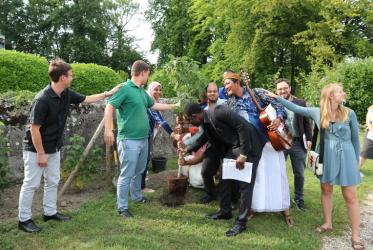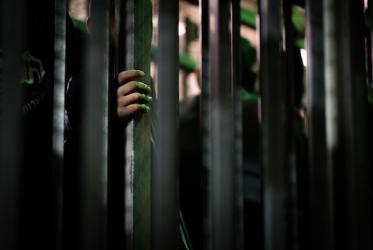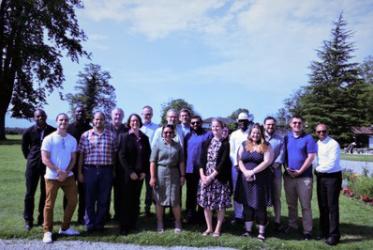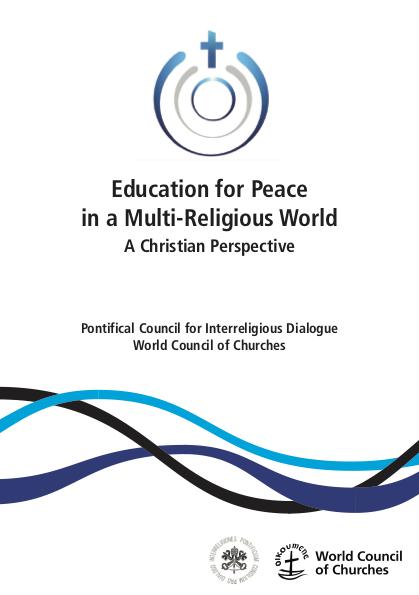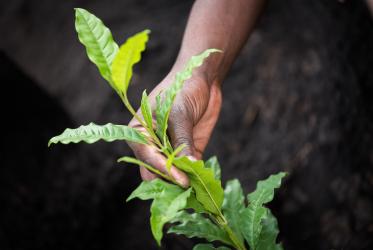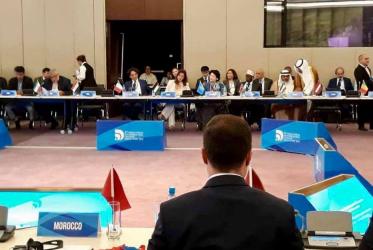Displaying 121 - 140 of 378
19 September 2019
Bossey students explore the meaning of “belonging”
22 July 2019
Bossey gathers students for interreligious dialogue
02 July 2019
WCC represented at G20 Interfaith forum in Tokyo
13 June 2019
Peacemakers at work in Sri Lanka
29 April 2019
Shabbat dinner ‘helps humanize two sides of the story’
27 March 2019
Peace is common denominator of all major religions
05 March 2019

